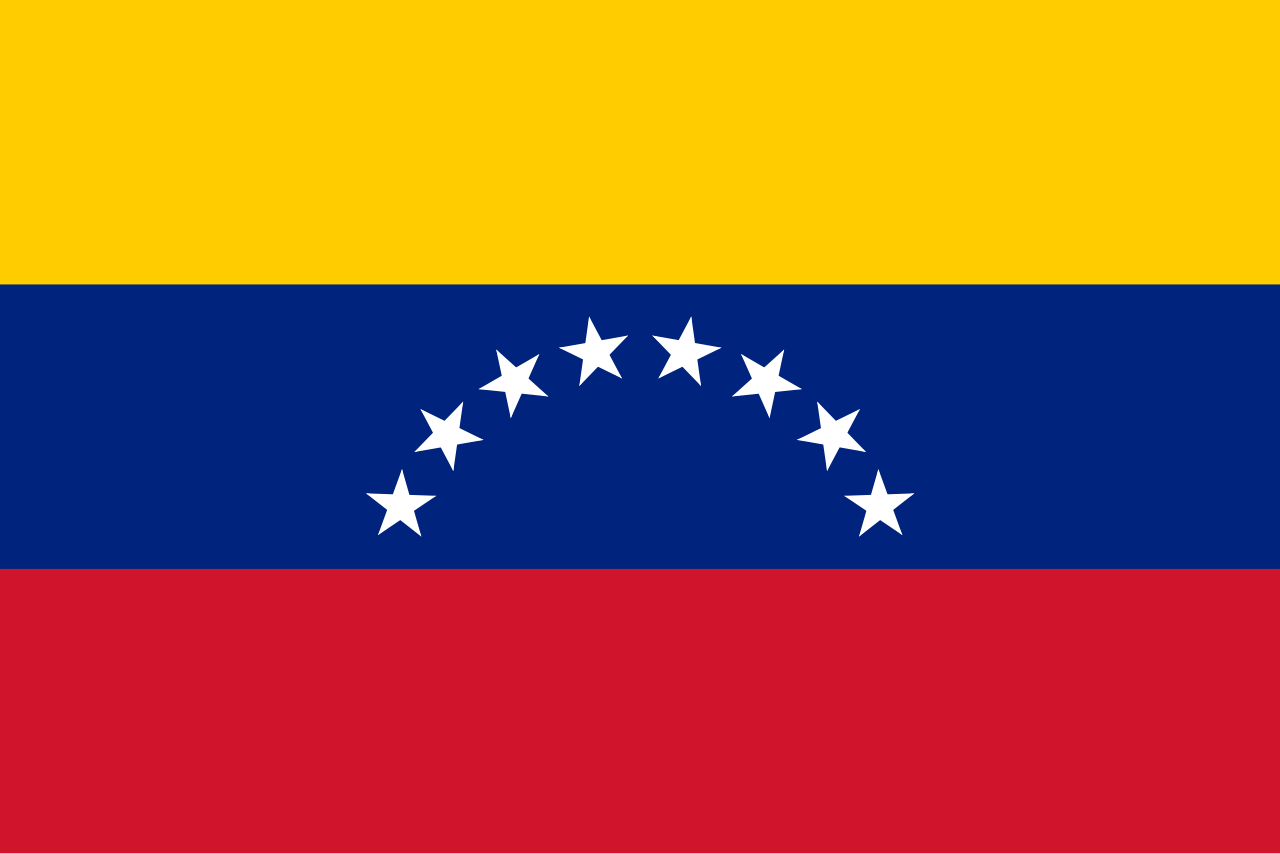Should New Zealand recognise Palestine as a separate state? This is what the Green Party hope to see happen. In December last year Kennedy Graham MP tried to put a motion to Parliament that “this House call upon the government to [recognise] Palestine as a sovereign State, and looks forward to the day when it is accepted as a member of the United Nations.”
Kennedy’s comments pick up on trends internationally. In the last year parliaments in the Spanish state, Denmark, France, Portugal, the south of Ireland and the British House of Commons have voted on motions ‘recognising’ Palestine. These have been treated as some sort of step forward for the Palestinian struggle.
But this recognition is no recognition at all. Far from being an advance towards Palestinian liberation, the ‘independent state’ the European parliaments voted to recognise – and the model the Greens wish to promote– in fact entrenches the oppression and dispossession of the Palestinian people. All of the motions treat Israel’s pre-1967 borders, before Israeli forces occupied the West Bank of the Jordan river and elsewhere, as unchanging. But as there was no Palestinian state before 1967, what this phrasing does is legitimate the state of Israel. This will be ‘recognition’, of Israeli occupation of Palestinian land with the decorative covering of a Palestinian ‘statelet’ administered by the collaborators of Mahmoud Abbas’s Palestinian Authority, funded by US and EU money and doing their, and Israel’s, bidding. Author Ali Abuminah pointed out, following the much-celebrated Swedish recognition, that ‘the main purpose of the so-called two-state solution is not to restore Palestinian rights, but rather to preserve and recognize Israel’s so-called “right to exist as a Jewish state.” Instead of talking about the Palestinian right of return – an urgent question for the millions of Palestinians outside 1948 Palestine – the borders of Israel – and its right to exist as a racist ‘Jewish state’ – are upheld while it is claimed that Palestine is being recognised.
Does this matter?
Non-binding votes and the vague statement the Greens put to Parliament might not seem to matter all that much. They have no practical consequences, and the U.S. will veto or quash anything even mildly pro-Palestinian in the Security Council. So what is the fuss?
These rhetorical and symbolic gestures need to be understood as part of the rear-guard actions internationally to re-legitimise Israel. Benjamin Netanyahu and the figures around him in government in Israel currently may act as if Israel’s military and political dominance is secure, but cooler heads in the global elite see things differently. Israel’s public image has never been worse, with substantial minorities in the oppressor or ‘developed’ countries actively supporting the Palestinian cause, and many more growing disenchanted or disillusioned with the mythology of Israel as the ‘only democracy in the Middle East’ or the victim of local aggression. The images of devastation following last year’s assault on Gaza added to decades of similar horrors. Boycott, Divestment and Sanctions campaigns have also, slowly but steadily, put Palestinian demands for dignity and freedom at the centre of the global debate.
Alongside this, the so-called ‘two state solution’ seems – from whatever political angle one takes – to be all but dead. Long the mainstream position of liberals and the centre-left, the idea of a just two-state solution to the ‘problem’ of Palestine looks ever more fanciful. On the left, more people are coming to see the justice of the demand for a single, democratic and non-sectarian Palestinian state. In the centre and in ‘official’ politics, the two-state solution becomes an ever-more difficult delusion to maintain as Israel and the United States make it clear they have no interest in working for, and will block, the creation of any viable Palestinian state. Abbas’ fragmentary Authority, existing to police the Palestinian people at Israel’s behest, is the mockery of a state.
It’s in this context that the recognition debate matters. As the scholar Joseph Massad argues, “As there is no Palestinian state to recognize within the 1967, or any other, borders, these political moves are engineered to undo the death of the two-state solution, the illusion of which had guaranteed Israel’s survival as a Jewish racist state for decades. These parliamentary resolutions in fact aim to impose a de facto arrangement that prevents Israel’s collapse and replacement with a state that grants equal rights to all its citizens and is not based on colonial and racial privileges.” If Netanyahu thinks Israel can continue unchanging, Zionism’s supporters in much of Europe’s ruling class realise that concessions will need to be given to the Palestinian Authority the better to integrate it into Israel’s strategy, and the better to stablise the Israeli state.
In New Zealand, the Greens are quite explicit that this is their motivation. “The acknowledgment of an independent Palestinian state will advance the possibility of a lasting peaceful settlement with Israel,” Kennedy Graham wrote in 2011. “It is important that both groups are treated as equals under international law.” Not a word about the right of return for Palestinian refugees, or about the racist foundation of Israel as a Jewish state or its ongoing dispossession of Palestinian land inside the 1948 borders. The Greens’ hopes are for – in Graham’s words again – Israel to exist ‘peacefully and securely.’
That Kennedy Graham can combine this with calls for boycotts and sanctions against Israel shows the dangers of moves to ‘recognise’ Palestine. As Joseph Massad argues, these are ‘nothing short of a smokescreen to perpetuate Israel’s other forms of colonial control over historic Palestine and the Palestinians and to preserve its institutionalized and legal racism.’ The challenge of the BDS movement will be contained and diverted into a mere threat to Israel to return to its 1967 borders. The real questions of Palestinian liberation – to do with refugees, with land, with a democratic, non-racial state – will become unaskable again.
There is nothing progressive in calls to ‘recognise’ a Palestinian state. We should oppose these demands when they come up, and expose their logic and motivation.
Photo credit: John Paul









